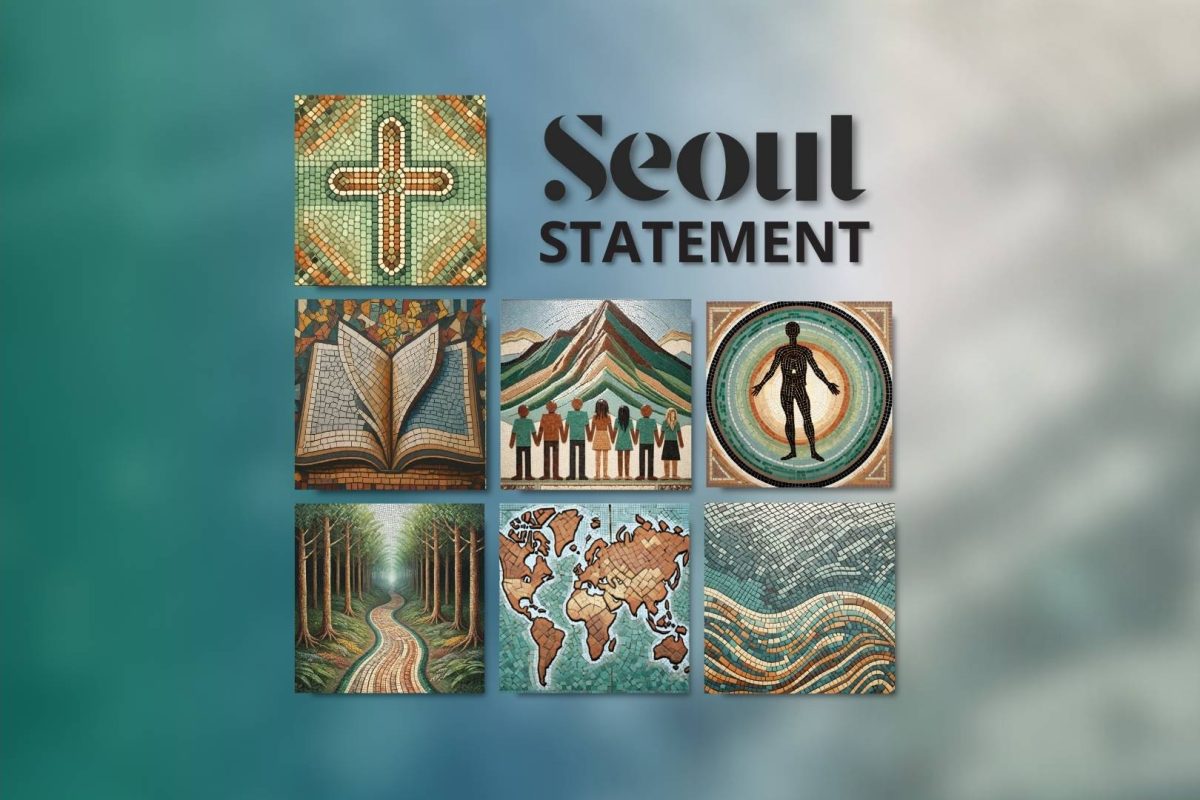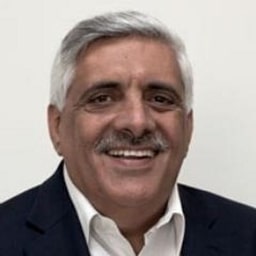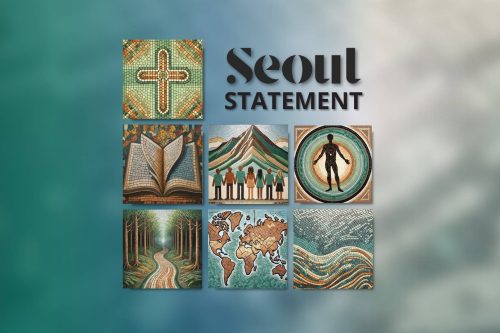
The usually bleak internal discussions among Arab evangelicals during the past few weeks suddenly received a positive jolt. The publication of a detailed statement by the Fourth Lausanne Congress included words and thoughts many did not believe evangelicals would ever say.

Daoud Kuttab
Article 84 of this declaration, nicknamed the Seoul Statement, noted that “It is critically important that Christians think clearly about biblical peoples when they (e.g. Israelites, Egyptians, Syrians) are associated by name, history, geography, or ancestry with modern nation-states (e.g. Israel, Egypt, Syria) and the peoples who live under the political sovereignty of these states (Jews, Palestinians, Arabs, Copts, Druze, Armenians, Kurds, and many more).” The statement continued: “In the Middle East, and elsewhere, Christian leaders must work to correct theological errors that provide ideological justification for unjust violence against innocent civilians or seek to legitimize violations of international humanitarian law.”
The responses came quickly. “Please translate this and if possible, the entire document to Arabic,” said a pastor from Jordan. A Christian website, with help from Google Translate, quickly posted it in Arabic.
“Check out clause 80,” noted a well-known evangelical from Egypt. This clause states, “We condemn those who use their influence in world affairs to promote avoidable conflicts and wars, merely to further their economic and political interests. We are saddened by the immense suffering their actions have caused. We believe that they will be held accountable before God on the day of judgment.”
Not mentioned in the discussion was the fact that former U.S. Vice President Mike Pence and former Trump administration UN ambassador Nikki Haley had months earlier approvingly signed bombs headed to be used against the people of Lebanon. Haley signed the bomb with the words “finish them.”
“I loved clause 82,” said a pastor from Lebanon. The clause says, “Christians at various times in history have not only promoted violence and war but also remained silent in the face of such atrocities rather than speaking with prophetic integrity and courage.”
“This is about an earlier statement made during the Cape Town conference,” said a Palestinian pastor living in the U.S. Also on the same group chat, there was a call for prayer to the people of Lebanon who exactly at the same time were being bombarded by Israeli rockets. A pastor living in Nazareth also asked for prayer for people living in the Galilee.
The excitement about the leading evangelical movement stepping away from the pro-Trump American White evangelicals was a breath of fresh air to many, but it did not take long before some at the Lausanne evangelical meeting in South Korea fought back.

The Fourth Lausanne Congress held in Incheon, South Korea, last month marked the 50th anniversary of the birth of a movement that brought together 2,700 church leaders from over 150 countries / photo courtesy of the Lausanne Movement
It seemed that a 15-minute talk by well-known Latin American theologian Ruth Padilla Deborst got some Christian Zionists angry because she dared mention Gaza and Palestinians as victims of the warped Christian theology of some. Lausanne movement leaders apologized on her behalf. But the professor of Western Theological Seminary was adamant in defending her own words. “I was given 15 minutes to speak about justice. … How could anyone thoroughly and responsibly tackle such a deep and broad-ranging theme and the complicated scenarios related to it from a biblical and theological standpoint in only 15 minutes?” she asked in an open letter to Lausanne.
Responding to the fact that she spoke about, “the uprooted and beleaguered people of Gaza,” she replied by saying that “the long-standing suffering of Palestinians has been compounded by the attacks on Gaza since October 7 where over 40,000 people have been killed, many of them children. Additionally, settler attacks have only increased in the West Bank. Their pain is our pain — or it should be. However, far too many evangelicals around the world a-critically ‘stand with Israel,’ and remain oblivious to the suffering Palestinians.” She concluded by defending her name-calling: “This injustice must be named.”
An evangelical educator from Palestine responded, “Dr. Ruth is a brave and blessed human being who lives a life that reflects God’s Love. She has clearly followed in the footsteps of her father, a well-known theologian [referring to the Ecuadorian theologian René Padilla].” The comments praising Deborst quickly received two thumbs up on the closed Arab Evangelicals WhatsApp group.
Meanwhile, one of the Lebanese evangelicals in the group shared a rare video interview with the mufti of Lebanon praising the generosity of Lebanese Christians who embraced and took in the Shiite Lebanese fleeing the Israeli bombing. The mufti Ahmad Qablan praised fellow Lebanese Christians and confessed to badly misunderstanding them. “We have badly mistaken them, we owe them an apology for how we spoke about them,” he said in the interview.
The Lebanese evangelical pastor distributing the video added: “We praise our Lord and Savior Jesus Christ who is blessed around the world and now here is a testimony from the Shiite Mufti.” A pastor replied in agreement and noted that his church has distributed mattresses and food parcels in Beirut and called on his fellow brothers to pray and support.
Daoud Kuttab is a Palestinian journalist living in Amman and the publisher of Milhilard.org, a website specialized for Christians in Jordan and Palestine. Follow him on X @daoudkuttab and on Threads at daoud.kuttab.





